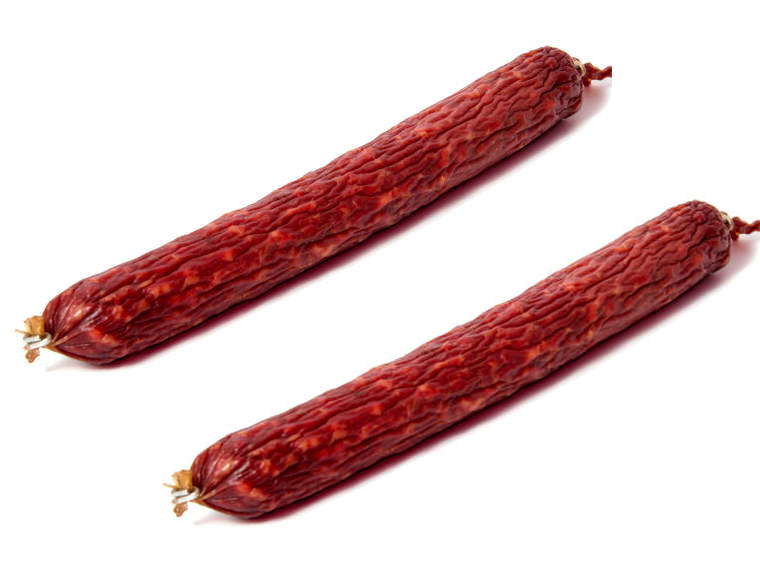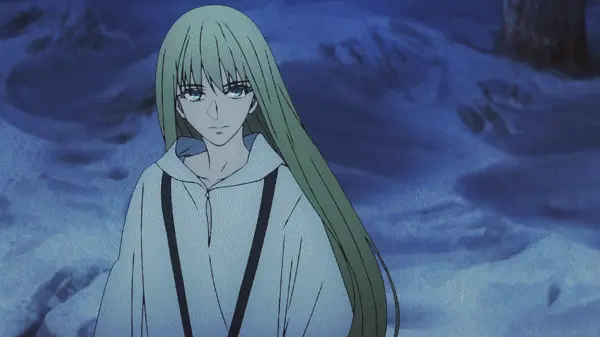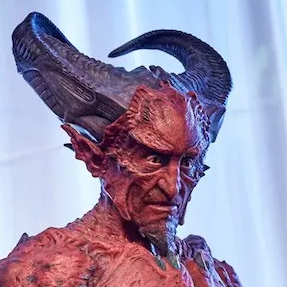Hostel, Turistas: The would outside America is a depraved hellhole full of sadistic criminals
The Green Inferno, The Ruins: Indigenous people are unreasoning bloodthirsty savages
The Wicker Man*, Midsommar: Pagan religions are barbaric cults of human sacrifice (this one has been used to justify imperialist wars as far back as ancient Rome)
Drag Me To Hell: It's about a literal fucking gypsy curse
*The original. The remake is reactionary for its cartoonish misogyny
The lower budget horror B movies tent to be pretty explicitly anti-capitalist. Or at least somewhat outside the realm of normal Hollywood propaganda.
Josh Olsen from The Movies That Made Me directed a low budget horror movie called The Infested. At one point one of the characters goes on a rant about the CIA selling crack in the inner cities. B movies can be based as fuck.
I lump monster flicks, violent thrillers and slashers together as "horror."
Besides, so was wickerman which OP listed
I think this video has an interesting take on Midsommar https://www.youtube.com/watch?v=JjCh7lTVNwo
This video was actually really fascinating! I enjoyed it, and it made me see the film in a new way.
It also, uh, puts into new perspective the pieces I've seen praising the film as a work of feminist empowerment.
I get what you're saying, it's not a perfect video essay. It was just the first time I'd seen someone comparing them to fascists and thought that was an interesting interpretation, especially since I got a vibe about how the non-white characters were treated when I watched it. I agree that directly connecting with the real life stuff is pushing it in the wrong direction though.
Drag Me To Hell was about having an eating disorder. The stuff with the Romani stereotypes was pretty bad, at least they were initially trying to make it seem ambiguous if it was real or not and that the main character was wrong for having denied the Romani grandma a loan just because of her own biases.
It's not just you, I agree a lot of horror movies are reactionary - but a lot of cinema itself is pretty reactionary (like Top Gun or Wall Street for example). It's a product of being part of the system we're in. You're discounting horror's ability to subvert these as well as how cheaply good horror can be made, these mean that some smaller indy teams can make genre films outside of the main system of the system.
Films like Get Out. Hard to call that reactionary, deals with Black people living in America and how libs aren't there friends either. Babadook is about dealing with grief. Teeth is about a young lady chomping off peoples' dicks when they try to sexually assault her. Parasite is about modern capitalism. It's not just modern horror, either, Rosemary's Baby is about women's control over their bodies. Night of the Living Dead had a black lead in the 60s and was about the dangers of mass consumerism.
Don't get me wrong, I'm not saying it's all reactionary. There's some good stuff there too, I really enjoyed Get Out.
Have a listen to The Horror Vanguard. A whole lot of horror is really proletarian.
I always kinda root for the elder cosmic monstrosities in Lovecraft stories- "You know what, Cthulhu, do step on these racist WASP assholes and their entire civilisation"
All of humanity in Lovecraft are descendants of an alien slave race, which is kinda of a cool, weird subversion of the racial superiority humans feel against each other and animals. That's right, I'm saying it: Lovecraft was woke, actually.
This was from At the Mountains of Madness, right? Insofar as there's a canon.
Yeah. I think he might have continued it in some of his later works he co-wrote like Curse Of Yig, but my memory's hazy on that.
I assume you're talking about Christian and Maja? I haven't really ever considered that as rape as he was literally sat down in a room, told about it, and willingly went along with it. But yeah, you're right. He was drugged and couldn't properly give consent.
Also when the drugs wore off he did seem really horrified by it, but that's when everything went to shit for him anyway.
It should be noted 2 of those examples (Green Inferno and Hostel) were directed by Eli Roth, who's a known asshole.
I gave Steven King's The Stand a re-read a few months ago. I hadn't read it in like 25 years and holy shit if he's not a racist then he is a much shittier writer than I ever imagined. Any time black people come up it's either some straight up minstrel shit or it's the absolute worst, most morbid white violent fantasies about black people. He is worse than J.K. Rowling about it, because at least she had the presence of mind to cloak her anti-trans shit in characters like Rita Skeeter. King is just out in the open with it. I'm pretty fucking sure that Maine isn't so white that there's even a shred of an excuse for the way he writes about black people.
In The Stand, there's two times when black characters come up. Mother Abigail, who is an arch-typical example of the "magical negro," trope, and a group of black revolutionaries who take over a TV station and turn the final broadcast before the lights go out into a game show where they execute people for being white. Once you know to look for it, you start to see that this is a common feature of all of his work.
Yeah when I was reading I was like "oh this is gonna get good" and then I was like "oh no not this."
I think Hostel was more of a reflection of the time. A lot of "torture porn" movies came out during the War on Terror and War in Iraq while the Bush administration admitted to using torture, there was the abuse at Abu Ghraib, and there was rampant xenophobia in the US because of 9/11. Instead of saying "foreigners are bad" it was just reflecting the fears people had. And weren't white Europeans the villains in Hostel?
The Ruins is about the killer plants and the white tourists who go where they aren't supposed to. Once the tourists went to the top of the pyramid and got infected the indigenous people killed them to keep them from leaving and spreading the plant.
The Wicker Man to me seemed like British Christian conservativism struggling against a community that rejected the christian-conservative values. Midsommar didn't really seem reactionary to me either, but I haven't seen it since it was in theaters.
I love horror, and there is a lot of reactionary elements, but there's also a lot of subversiveness within the genre. just because it seems to be reactionary on the surface doesnt mean that it is.
Edit: sorry if I sound mean or it doens't make sense I'm still waking up lol
I must be the only person on the planet who likes The Ruins, and yeah, I don't know why anyone would think the indigenous population are villainous in that movie. They were very clearly trying to keep an existential threat contained. That was one of the reasons it managed to sell me on the horror. The idea that you would never be able to bargain for your life with the tribe, even though they don't actually want to kill you, because they have a completely justified reason for ensuring your death.
Yeah like when they killed the kid after the tourists threw the plants at him :( But I actually love The Ruins too lol, I watch it anytime It's on Netflix or something.
If your horror movie is about how you're afraid you might go crazy, you won't scare me, because I literally had to fight my own brain in a life or death struggle for a year and it was way worse than whatever dumbass anti-neuroatypical shit they came up with.
I'd recommend looking up the documentaries Horror Noire and Scream, Queen!, as they both deal with how marginilized communities interact with and are effected by horror as a genre. Really neat stuff.
Is Paranormal Activity considered horror? That was a good one when it came out.
I also liked the one of the Exorcist movies, I think the one from the 80's
Sorry, but the dude in Paranormal Activity is a day trader. Thus it is reactionary. Also, did anyone here see the Japanese Paranormal Activity film? It was pretty whatever, but interesting that it exists nonetheless.
How is Mary Shelley reactionary? Her parents were pretty radical, her dad was one of the first modern anarchists (although I believe their views softened with age)







